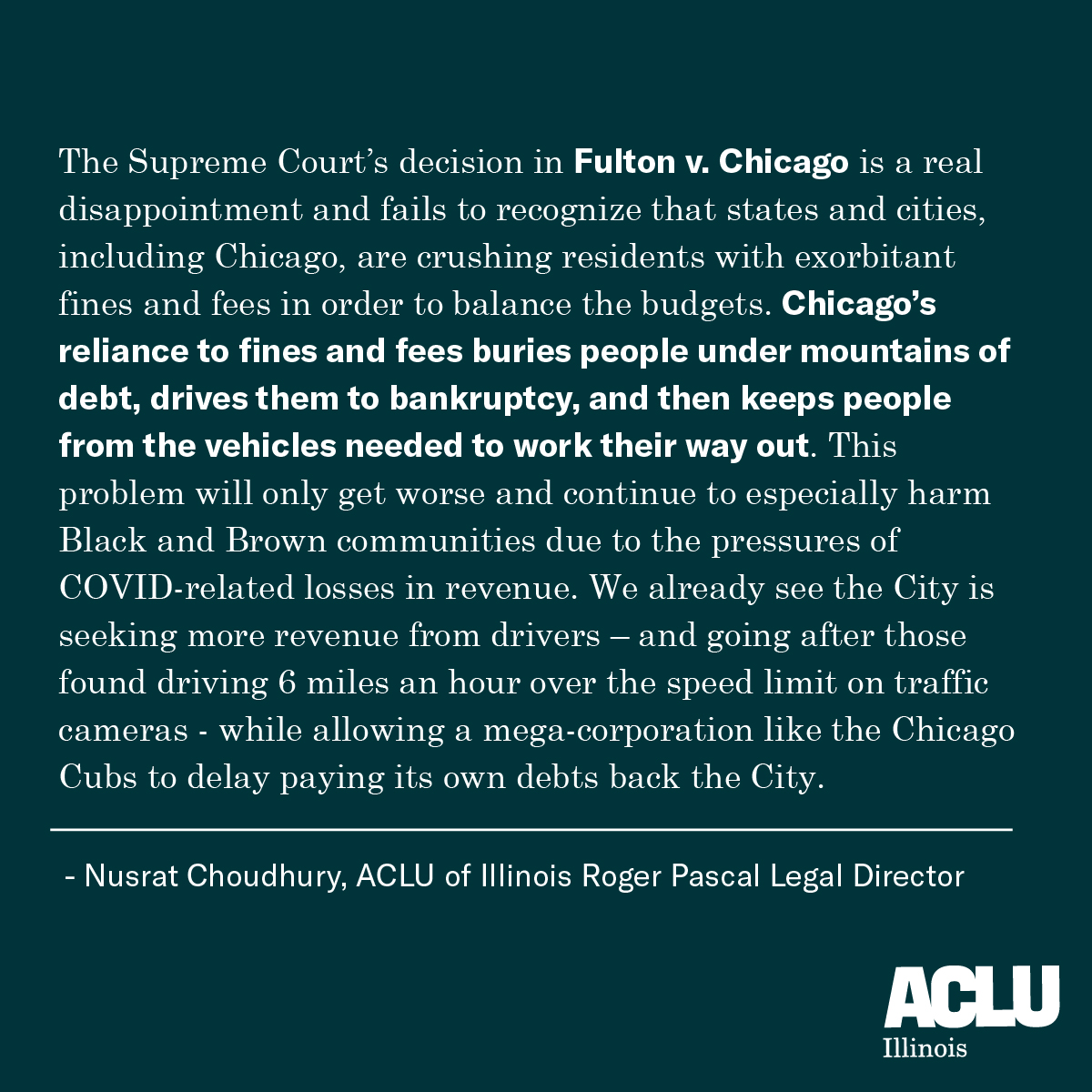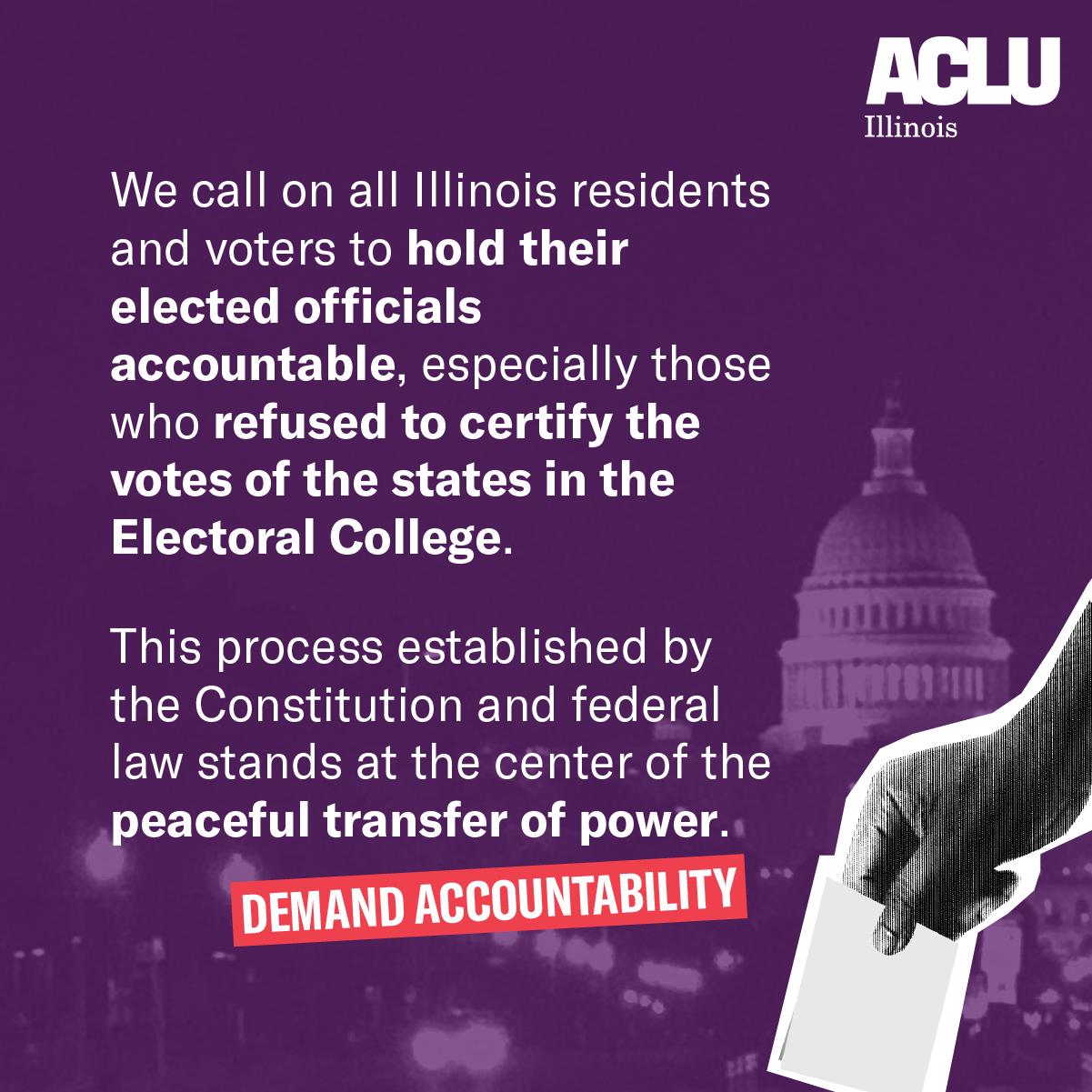By Eric Wilkins, Communities United
People from my neighborhood and other Black and Brown communities in Chicago are hurting. This is because of police abuse that is common in our communities—like the humiliating raid on Anjanette Young, a Black social worker.
This is why I work as an organizer with Communities United. We organize diverse communities on a lot of issues, including violence prevention, and access to healthcare, housing and mental health services. We want to make sure that Black and Brown voices and people with lived experience are included in finding solutions to problems—including police violence that impacts our lives and families.
This is why my organization joined a coalition of groups to sue Chicago police. We challenged police excessive force that hurts Black and Brown people, and people with disabilities. Because of our lawsuit, we now are involved with a coalition that has the power to help enforce a consent decree governing Chicago Police. It requires changes in how police treat communities, including when and how they use force against us. Communities United joined this effort because we hope that the consent decree can bring our voices to the table to help end the type of policing that has brutalized our people for centuries.
The video showing Ms. Young being handcuffed and naked in front of police with guns drawn while wrongfully raiding her home is hard to watch. But it is nothing new in my community. When we tell police that they cannot come to our homes, that they have the wrong place or the wrong people, they ignore us. Worse, they attack us. Ms. Young told the officers in her house over and over again that they had the wrong house! But they stayed. That was an assault on her person.
The trauma this caused is also not new for my community. For us, these home raids are just another predatory police tactic that harasses and degrades us.
Police raid and search our homes, often without warrants. They stop and harass us in the streets. This is part of daily life. This has broken my community. In Englewood and Roseland Southside Neighborhoods, police don’t just raid the wrong address. They often raid people’s homes without any warrants or paperwork at all. When they do it, they tear apart our homes, and our families.
My community is afraid because this is what policing is to us. The message is to just accept that this is “the way it is.”
But my community has been pushing back. In August 2020, Communities United and the coalition that enforces the Chicago Police consent decree sent a letter to the City telling them that police home raids traumatize Black and Brown children and families. We explained how raids often target the wrong home. We also connected them to violations of the consent decree. We identified specific cases, including the raid on Anjanette Young. We also identified some of the things that needed to change and asked the City to meet with us.
But the City never responded. Rather than meet with community organizations, the City ignored us. This is what Chicago did last summer. More than 30 of us served on a working group to create a new use-of-force policy for Chicago police. But our recommendations were basically ignored by the City and continue to be ignored.
This is why Communities United, Community Renewal Society, One Northside, Next Steps, and the ACLU of Illinois worked with the coalition and our lawyers to take action. Yesterday, we filed a motion asking a federal court to make the City take this matter seriously and work with the communities directly impacted by police home raids. We want real reform—not just talk.
We should never have had to do this. The City should have just responded to our requests to meet as they promised in the consent decree. Instead, we need the court’s help to be part of a solution.
Things have to change. I have two small Black boys. I want to make sure Chicago is a better place for my sons. The consent decree requires the City of Chicago and Chicago police to meet and work with communities about policing that is illegal and hurts us. This is not simply so we can have a meeting. It is because our City can only fix problems with policing with input from communities—like mine—that experience abuse and humiliation from police every day.
We are ready to have that discussion. We now call on the court to help enforce our rights.
Date
Thursday, January 14, 2021 - 10:15amFeatured image


